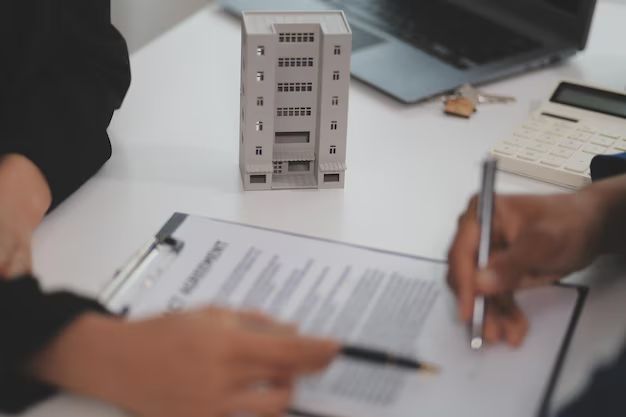Understanding Apartment Leases: What You Need to Know
Navigating the world of leasing an apartment can feel like entering a complex maze, but understanding what a lease entails is the first step toward confident renting. Whether you're a first-time renter or looking to renew, comprehending the ins and outs of apartment leases ensures a smoother experience.
What Is an Apartment Lease?
An apartment lease is a legally binding contract between a landlord and a tenant that grants the tenant the right to occupy a rental property in exchange for periodic payments, typically monthly rent. It outlines the terms and conditions of the rental, such as the tenancy duration, the amount of rent, and responsibilities for property maintenance.
Key Components of a Lease
- Lease Term: The duration of your lease, which can be month-to-month or for a fixed term such as 6 or 12 months.
- Rent Details: Amount, due date, and penalties for late payments.
- Security Deposit: A refundable deposit collected by the landlord to cover any potential damages beyond normal wear and tear.
- Maintenance Responsibilities: Clarification on what is maintained by the landlord and the tenant.
- Rules and Regulations: Any specific guidelines regarding pets, noise levels, and usage of common areas.
Types of Leases
- Fixed-Term Lease: Offers security and stability by fixing the rent for a specific period. Breaking the lease early may incur penalties.
- Month-to-Month Lease: Provides flexibility, allowing either party to terminate the agreement with notice, typically 30 days.
Understanding these components helps tenants avoid surprises and ensures the tenancy progresses smoothly. However, renting isn't just about understanding terms; it also involves financial responsibilities and opportunities for assistance if needed.
Financial Considerations
Renting an apartment can be a significant financial commitment, and sometimes, unforeseen circumstances may strain your budget. Fortunately, various financial assistance programs are available to support tenants in need.
Government Aid and Rental Assistance
Eligible individuals may qualify for government aid programs or rental assistance through local housing authorities. These programs can offer subsidies or vouchers to help cover a portion of the rent, alleviating financial pressure.
Debt Relief Options
Renting doesn't exempt you from other financial obligations. If you find yourself struggling with credit card debt or other loans, exploring debt relief options such as consolidation or negotiation services can provide a lifeline.
Educational Opportunities
For those seeking career advancement or higher salaries, investing in education through scholarships or grants could be a viable path. Enhancing your skillset may increase financial stability and eventually render renting more manageable.
Emphasizing both a comprehensive understanding of what a lease entails and the proactive approach towards financial stability, renters can enjoy peace of mind and focus on their living experience.
Essential Financial Resources for Renters
- 📊 Local Housing Authorities: Check eligibility for rental assistance programs.
- 💸 Emergency Rent Relief: Short-term help available through community services.
- 📚 Educational Grants: Seek grants to ease tuition fees and advance your career.
- 💳 Credit Counseling Services: Professional advice on reducing debt and improving credit scores.
Arming yourself with knowledge and resources can make apartment living not only a responsibility but also a rewarding experience.

